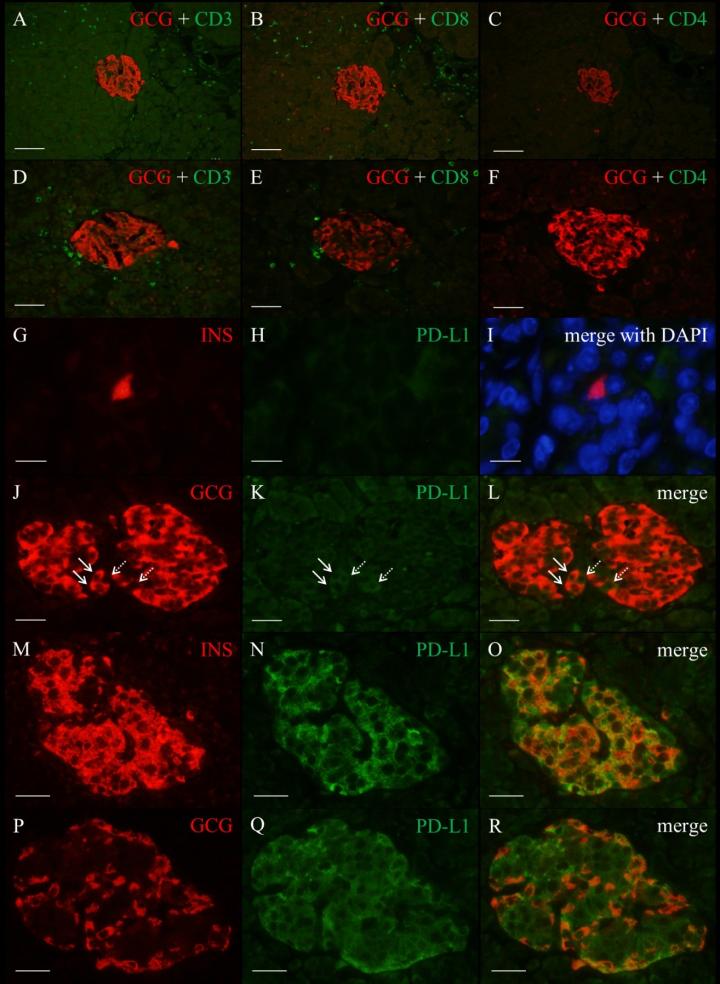
Credit: Osaka University
Osaka, Japan – Immune checkpoint inhibitors (ICIs) are an emerging type of cancer immunotherapy that uses the immune system to attack cancer cells. However, in some patients they cause the immune system to attack healthy cells, leading to autoimmune diseases. When pancreatic beta cells are attacked, this can lead to type 1 diabetes. In a case report published in Diabetes Care, researchers from Osaka University provide insight into this unintended consequence of ICIs.
Type 1 diabetes is caused by the destruction of pancreatic beta cells, which produce insulin. Recent clinical studies in patients with cancer have found that ICIs can in rare cases lead to this form of diabetes. Exactly how ICIs might do this, though, is a mystery.
The researchers came across a singular circumstance in a patient with kidney cancer who was treated with ICIs. The situation allowed them to examine tissue stains and take a closer look at the disease. “The patient’s cancer had metastasized and spread to his pancreas, which had to be removed,” lead author Sho Yoneda explains.
When the team looked at the pancreas, they found the hallmark signs of type 1 diabetes. “We saw substantial infiltration of T cells into the pancreatic tissue and very few surviving beta cells,” Yoneda continues. “What was interesting was that the remaining beta cells had little or no expression of the immune tolerance protein PD-L1. This was unexpected, because previous studies had reported elevated PD-L1 in the beta cells of patients with typical autoimmune type 1 diabetes.”
PD-L1 tells the immune system that a cell is not a foreign threat. This process, called immune tolerance, stops the immune system from attacking vital tissues and organs–like the pancreas.
“ICIs block the effect of proteins like PD-L1 and essentially shut down immune tolerance,” says Iichiro Shimomura, professor at Osaka University and co-author of the study. “This is excellent for treating cancer because tumors often express PD-L1, which allows them to hide from the immune system. The problem is that by shutting down immune tolerance, you increase the likelihood that the immune system will also start to attack healthy tissue.”
It remains unclear whether ICIs caused the observed damage to the patient’s pancreas, and the role played by PD-L1 is still unclear. “There is still a great deal to be learned about how checkpoint inhibitors contribute to autoimmune diseases,” Shimomura adds. “Still, this case suggests that therapies targeting PD-L1 may cause cellular changes that can ultimately lead to type 1 diabetes.”
###
The article, “T-Lymphocyte Infiltration to Islets in the Pancreas of a Patient Who Developed Type 1 Diabetes After Administration of Immune Checkpoint Inhibitors,” was published in Diabetes Care at DOI: 10.2337/dc18-2518.
Media Contact
Saori Obayashi
[email protected]
Original Source
https:/
Related Journal Article
http://dx.




